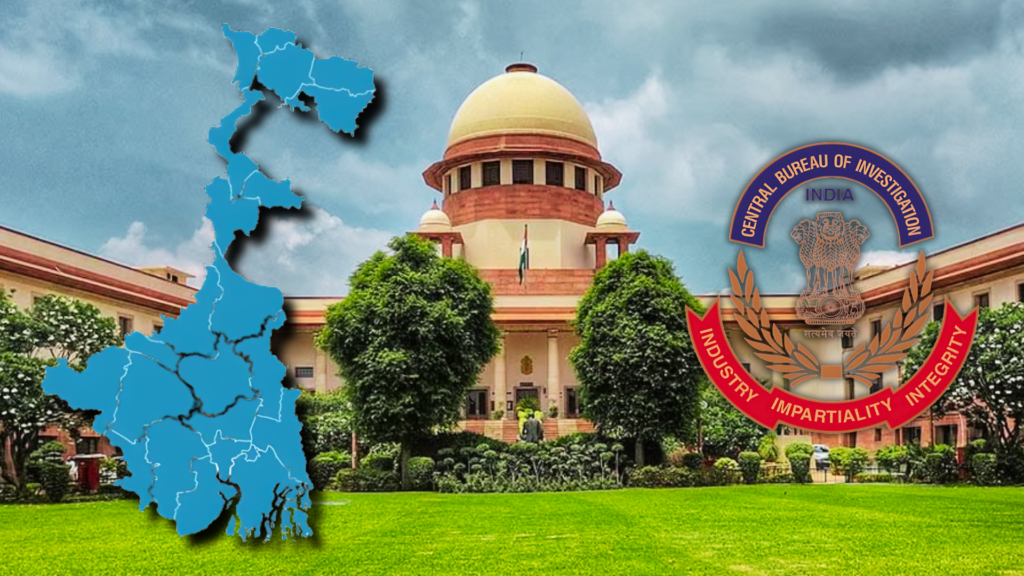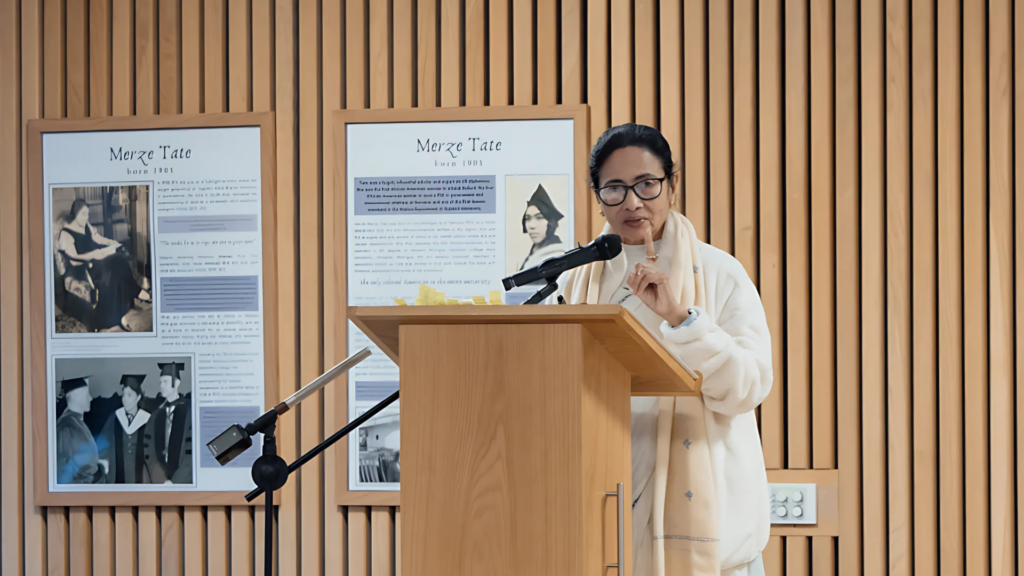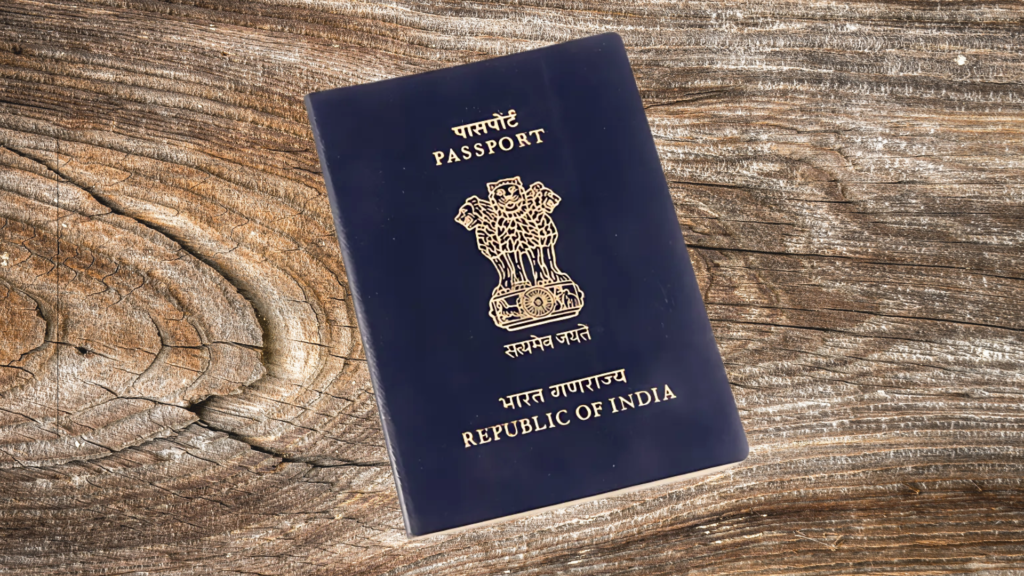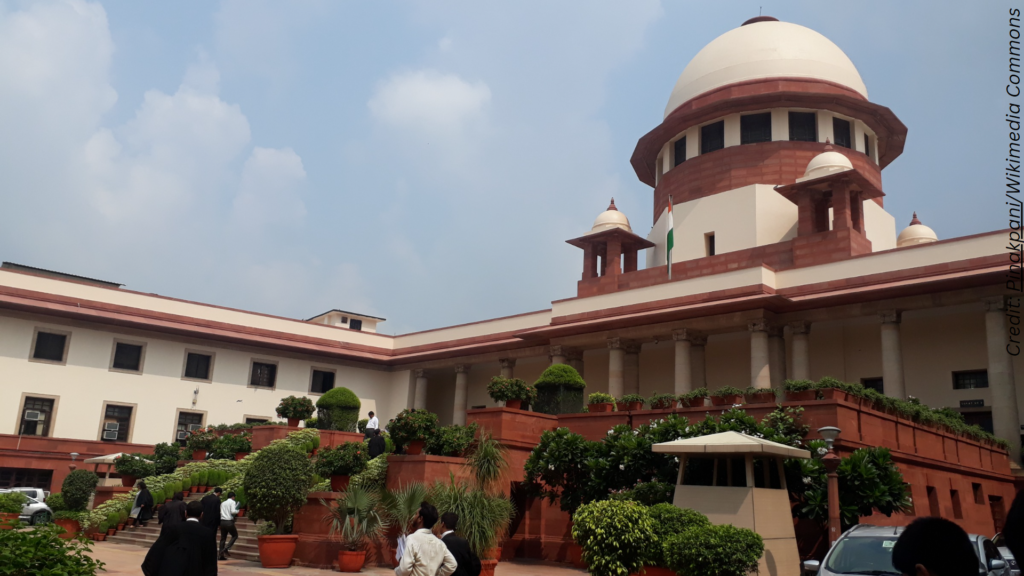 #klrahul #kingkohli #NewszNow
#klrahul #kingkohli #NewszNow
Apex court upholds Bengal govt’s right to limit CBI’s investigative jurisdiction
July 10, 2024 2 min read

The Bengal government’s suit against the Union government’s directive allowing the Central Bureau of Investigation (CBI) to conduct investigations within the state’s jurisdiction despite the state not giving its consent has been declared as legally maintainable by the Supreme Court in a judgment delivered today.
Bengal, like several other non-BJP-ruled states, had withdrawn general consent for the CBI to probe cases within the state’s jurisdiction without the latter’s consent in a legislative order dated November 16, 2018; special permission is needed from the state government.
In view of this, the Bengal government had filed a suit under Article 131 of the Constitution, which deals with the Supreme Court’s original jurisdiction in a dispute between the Union and one or more states.
The apex court bench said it had “considered the DSPE (Delhi Special Police Establishment) Act and Supreme Court rules” in delivering its judgment. Section 6 of the DSPE Act, 1946 provides for the CBI’s compulsory obtaining of consent from respective state governments to conduct investigations in their jurisdictions.
The next hearing of this case on the maintainability of the CBI’s investigative jurisdiction is on August 13.
This latest judgment came as a twist after the order by another bench of the Supreme Court on Monday, July 8, allowing the CBI to probe into the multiple cases of sexual assault and land grabbing on the island of Sandeshkhali. This came up for hearing in the apex court as the Bengal government had opposed the Calcutta High Court’s order on a CBI investigation.







































